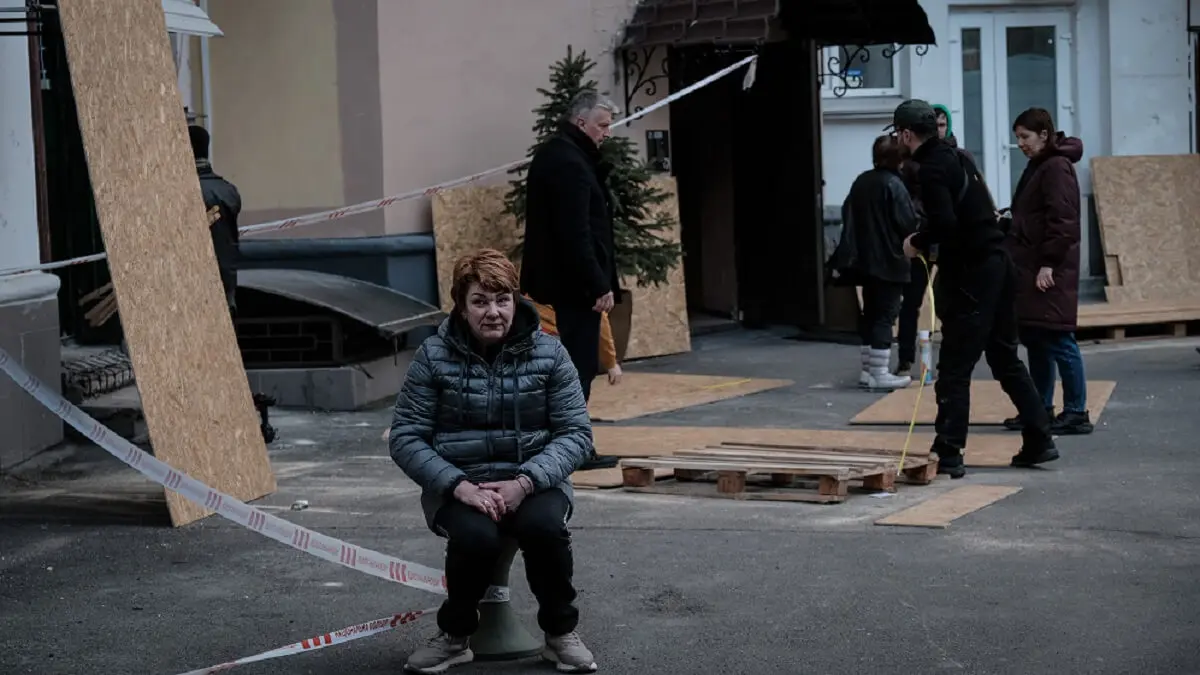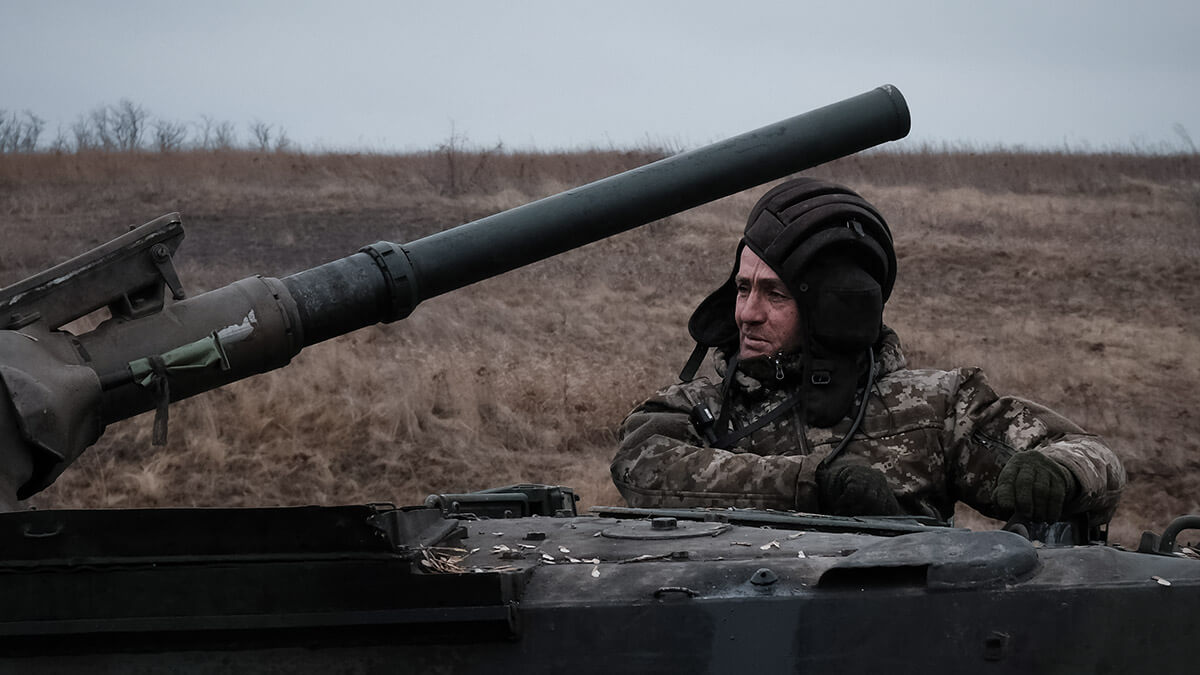María Senovilla: ‘Civil resistance will not accept an unjust capitulation driven by Trump’

The reporter and journalist María Senovilla, contributor to Atalayar, analysed Ukrainian opinions on Donald Trump's first decisions on the Onda Madrid programme ‘De cara al mundo’
She also considered the statements made by the Ukrainian president, Volodymyr Zelensky, in Davos.
María, what is the opinion or reaction in Ukraine to what Donald Trump is doing?
I am in Kharkiv, the second largest city in Ukraine and the one closest to the Russian border, where I have had the opportunity to be, both on the front lines and on the street asking people. To my surprise, I expected that from the military side they would tell me that they were not willing to capitulate, because they had been fighting for three years to recover those territories that Russia had invaded, and from the civilian side, they would tell me that they wanted it all to end, and it was exactly the other way around.
In the trenches they told me that they would obey orders, that if there was a ceasefire they would respect it, that they would hold the line if they were told to keep fighting and that they were waiting for orders from their officers and their government.
But on the other hand, on the street, I have been asking about Trump. And older people, people from the almost Soviet era, and in a city very close to Russia, told me, in the case of the owner of a shop, who had a daughter living in Moscow, who worked there before the invasion began, and a son who was an army officer here in Kharkiv. And that this invasion had destroyed her family, had blown her family to pieces, had destroyed her life and that she was not now willing to accept that, because Trump came along and told the Ukrainian president you have to give up the territories for the war to end, to calmly accept the decision, that her life was going to be destroyed and that with that decision she was going to feel even worse. Then you realise that people on the street, moreover, in a place very close to Russia that had a lot of trade relations with its neighbours, have completely changed their mentality in these three years and are willing to resist whatever it takes because they feel that a capitulation under the conditions Russia is demanding is absolutely unfair to the Ukrainians who, I insist, have been bleeding for three years.
It has been very interesting to talk to people over the last week and see that they are, on the one hand, keeping an eye on the news coming out of the United States. Everyone is very aware of the role of the newcomer to the White House, Trump, as a mediator in possible negotiations, but they are not willing to say yes to all the conditions set by the American leader either.

We highlight what Volodymyr Zelensky, the Ukrainian president, said in Davos, perhaps somewhat surprising statements about the real dependence of Ukraine on US support.
Zelensky has participated, as you rightly say, in the World Economic Forum in Davos, which has been held in Switzerland this week, and there, in addition to meeting with potential investors and selling Ukraine's potential to invest in it, which is what is expected, the objective of this type of forum... The reconstruction business, which is very important, and the agricultural potential of Ukraine, which let's not forget was a fundamental power before the invasion, was the breadbasket of Europe, was standing out and they want to return to that path.
But in addition to this, the Ukrainian president made a very revealing statement about the current state of military aid to Ukraine. It was a message with a message for Donald Trump, as could only be the case, but also a summary of how the war has changed in these three years. Zelensky recalled that when Russia launched its full-scale invasion in February 2022, it deployed 200,000 soldiers. Putin put 200,000 soldiers on the ground. And today, there are more than 600,000 Russian troops deployed along the borders of the Ukrainian combat fronts. Zelensky also explained that at first Ukraine was totally dependent on international military aid and that the United States provided 90% of that aid, that is, the weapons and ammunition.
However, three years later, almost 40% of the weapons that Ukraine uses are of Ukrainian production. They are manufactured here. This is a similar percentage to what the United States continues to send or at least what the Biden administration had been sending until a few weeks ago, while Europe is responsible for approximately 25% of these weapons. These words deserve analysis because they are sending a message to Trump.
They are telling him that Ukraine does not depend entirely on US military aid, that he cannot pressure them by turning off the tap because in these three years they have also developed their own defence industry to supply themselves with the weapons they need to continue resisting and probably the message is that they are not going to accept an ultimatum that is disadvantageous for Ukraine based on the threat of not sending more weapons. It also shows how far behind the defence industry of the countries of the European Union has fallen at such a crucial moment as this.










